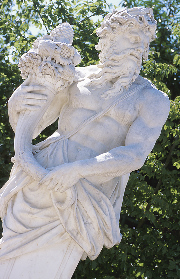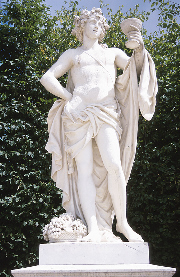As with other forms of writing everywhere, it can at times be a little nerve-wracking to post to a blog.
We take a deep breath, hit ‘publish’ and trust that some folk will enjoy reading our outpourings, while others will at least be constructive in their criticism. :)
Even with brief ventures into the written word, such as as updates to Facebook or tweets on Twitter, we may sometimes click ‘send’ with a slight catch of breath.
‘Who will read it? Will anyone read it? And if they do, what will they think of what I’ve said. Or of me?’
Of course not everything we write causes a nervous flutter. Sometimes we launch our thoughts blithely into the public arena without a single tremble or backward glance.
But sometimes it’s more deeply personal than that. We recognise we’re actually sharing a piece of ourselves when we write. And in that moment of clarity, our hands may pause over ‘submit’ or ‘send’ and we’ll feel a shiver of anticipation.
Not that we want everyone to agree! After all, it’s from different perspectives that we gain new insights or understanding. But if others don’t like what we’ve said or don’t agree with it, we hope they’ll attack the ideas – not the writer. :)
Here’s a poem that was first published in the novel A Life for a Life by Dinah Mulock in 1859. A long time ago and a very different world from ours! But I think its words still ring true in our fast-paced, networked world:
Oh, the comfort —
the inexpressible comfort of feeling safe with a person —
having neither to weigh thoughts nor measure words,
but pouring them all right out,
just as they are,
chaff and grain together;
certain that a faithful hand will take and sift them,
keep what is worth keeping,
and then with the breath of kindness blow the rest away.

